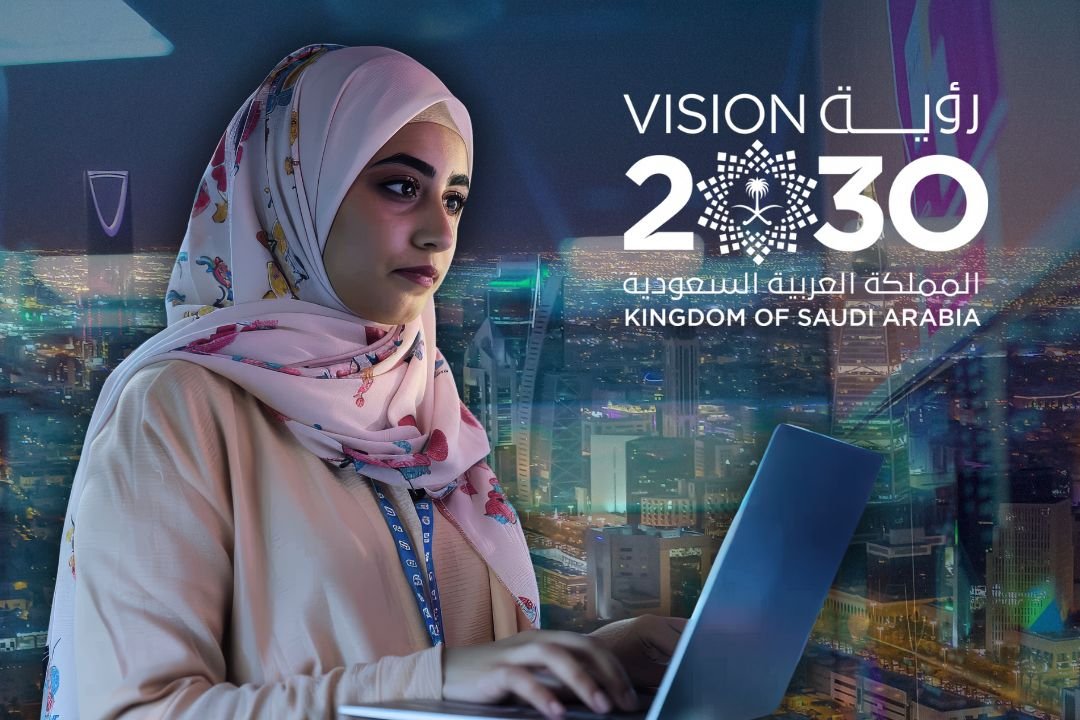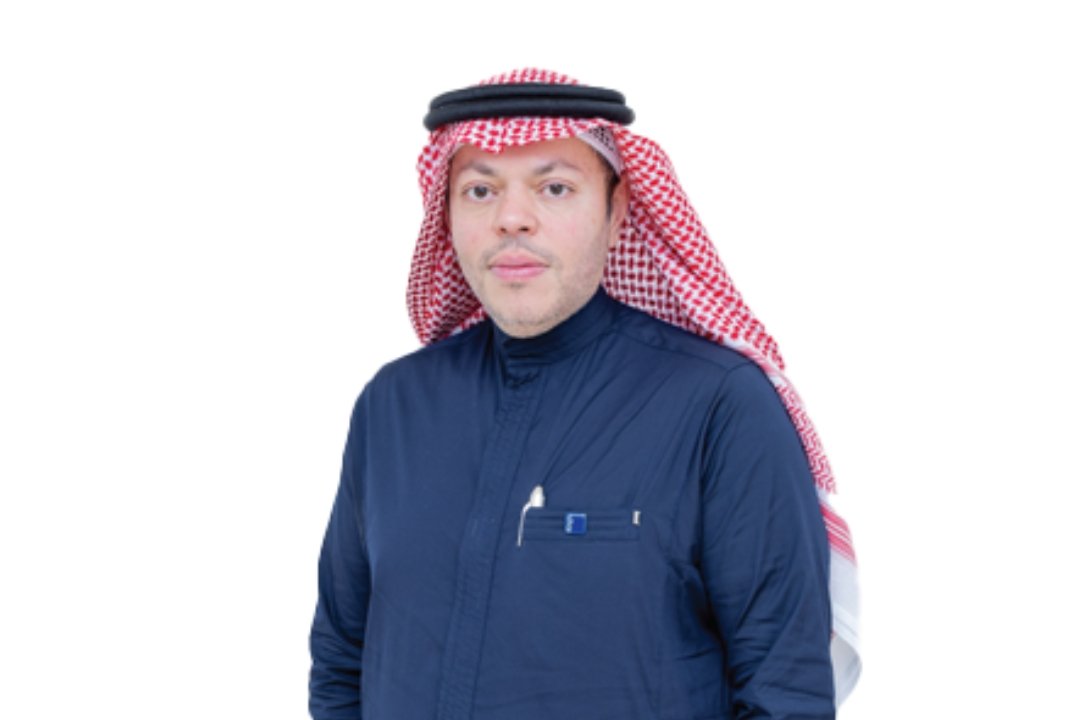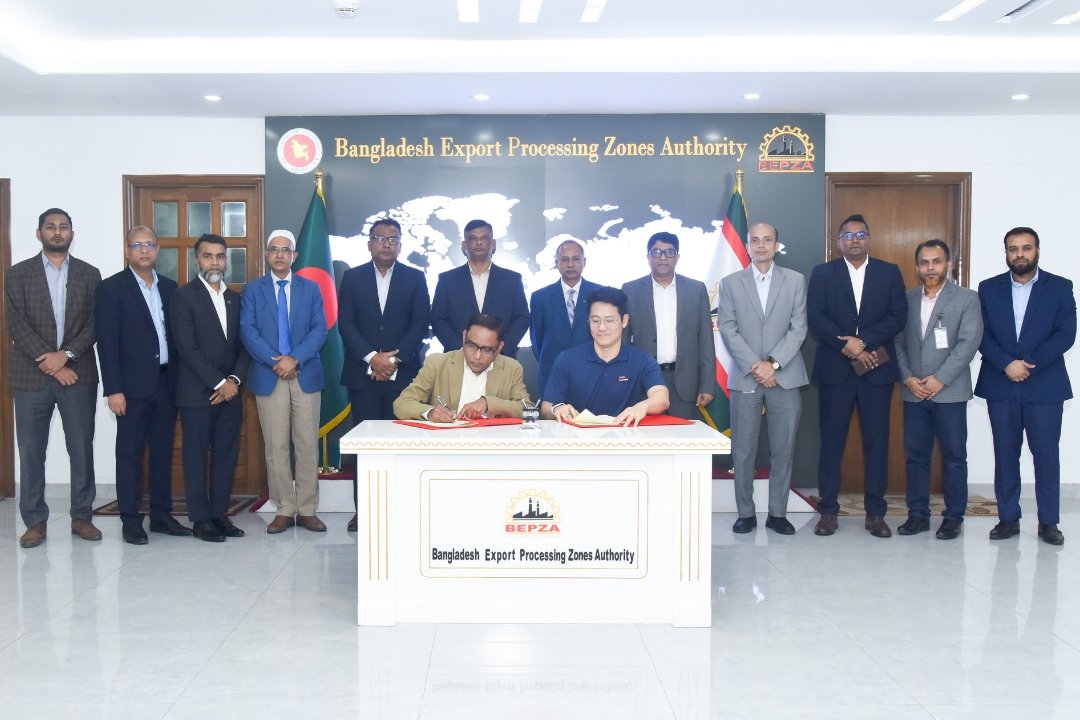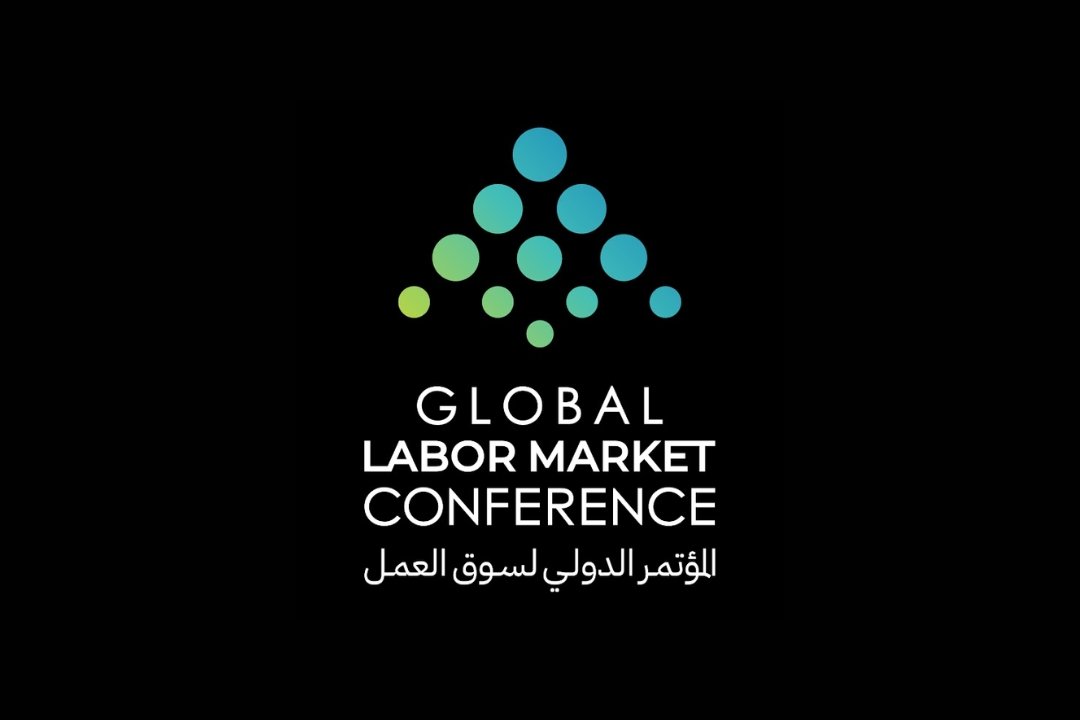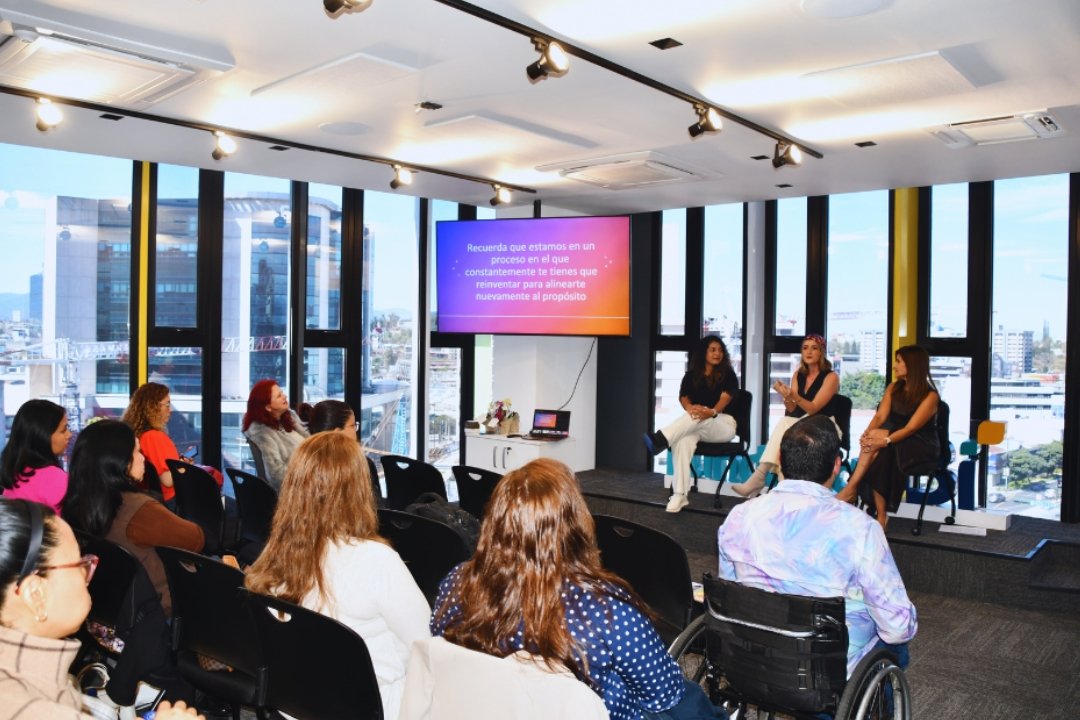Saudi Arabia is seeing a remarkable rise in women entrepreneurs, signalling a new chapter for the Kingdom’s business scene. At the recent Biban 24 Forum, held under the banner “A Global Destination for Opportunities,” the Prince Mohammed bin Salman College of Business and Entrepreneurship (MBSC), together with the Babson Global Center for Entrepreneurial Leadership (BGCEL), released its latest study on female entrepreneurship in Saudi Arabia. With support from Monsha’at, the Saudi Women’s Global Entrepreneurship Monitor (GEM) Report paints a vivid picture of women’s growing participation in business as the Kingdom pushes for a more inclusive economic landscape.
Over the last eight years, Saudi women’s interest in starting their own businesses has increased by 30%, with nearly half now keen to launch ventures within the next three years. This rise reflects the Kingdom’s progress in creating an environment that encourages women to not only set up but also succeed across a range of industries.
As it stands, women are leading the way in sectors such as consumer goods, often with a focus on social and environmental responsibility. Over 75% of Saudi women entrepreneurs are reported to be running their businesses with strategies that aim to benefit their communities while reducing environmental harm. These women entrepreneurs are finding both personal and professional support, with 86% knowing a fellow entrepreneur. A notable trend is women investing in other women’s ventures, building a sense of community strength that’s helping drive Saudi Arabia’s broader economic aims.
Government-backed initiatives, as well as strategic partnerships between organisations like Monsha’at, MBSC, and BGCEL, are helping to make events like Biban 24 a global platform for showcasing this thriving business landscape. With the third quarter of 2023 seeing 1.27 million SMEs active in the Kingdom, Monsha’at reports that 45% of these businesses are led by women—a figure that shows how the push for gender equality is becoming embedded in the economic fabric.
Women are also making strides in tech, a field long dominated by men. Saudi women’s representation in the technology sector has more than doubled, from 11% in 2017 to 24% in 2021, surpassing even the figures seen in Silicon Valley. Though venture capital remains a challenge, with only a small percentage of women-founded businesses receiving significant funding, there is growing recognition that investing in women-led tech, particularly in emerging areas like AI, is a smart move for both social and economic reasons.
Saudi Arabia’s efforts are part of a broader shift across the Middle East, where countries are integrating women’s empowerment and technological progress into their national strategies. Vision 2030, Saudi Arabia’s own blueprint for transformation, includes a target to increase women’s participation in the workforce. Between 2016 and 2021, female participation rose from 16% to 35.6%, and women are now joining fields that were once off-limits, like construction and manufacturing.
According to the World Bank Women, Business and the Law report, “Saudi women are a vital element for the success of Vision 2030. Several reforms have been implemented to incentivize and protect women to enter the labor market. “These have included equalized women’s right to choose a place of residency. They prohibited discrimination based on gender in employment, the dismissal of pregnant women and discrimination based on gender in accessing to credit. The decrees introduced pension equality by equalizing the retirement ages for men and women and mandating pension care credits for maternity leave. These reforms are already benefiting 6 million Saudi women over the age of 21 and will affect women for many generations to come. Women’s employment in traditionally male dominated sectors also increased. In 2020 alone, 7,782 women entered the construction sector — where women’s employment was previously prohibited by law — and 6,662 took on new roles in manufacturing.”
Saudi Arabia is in the midst of a major digital transformation, driven by the ambitious targets of Vision 2030. With government initiatives and rapid tech adoption paving the way, the Kingdom is setting itself up as a leading digital economy. This energetic shift is creating a wealth of opportunities for entrepreneurs from all backgrounds to build and succeed in a fast-evolving market.
Saudi women, in particular, are seizing these opportunities, establishing businesses that span from tech and manufacturing to socially conscious startups, all while breaking down traditional barriers. Backed by a mix of policy support and growing community networks, women entrepreneurs are becoming an integral part of Saudi Arabia’s economic growth story. The momentum around female-led businesses not only points to a more inclusive future for the Kingdom but highlights the power of entrepreneurship to transform economies. As Saudi Arabia continues on this path, it’s clear that women will remain at the heart of its journey toward a prosperous and digitally driven future.

